
Marriage after three decades isn’t what anyone pictures when they first say “I do.” It’s quieter, simpler, and more complicated all at once. You stop trying to impress each other and start trying to stay kind. The big gestures fade, but the small things start meaning everything. Here are 15 things no one tells you about marriage after 30 years.
The silence changes.

Early in marriage, silence feels awkward. After thirty years, it feels like peace. You can drive for miles without saying a word, and it isn’t cold or distant — it’s comfort. You’ve run out of things to prove to each other. The quiet becomes its own kind of intimacy. You already know what they’re thinking half the time. Sometimes you just glance across the room and feel a strange warmth: the kind that only comes from being known for that long.
You argue less, but deeper.
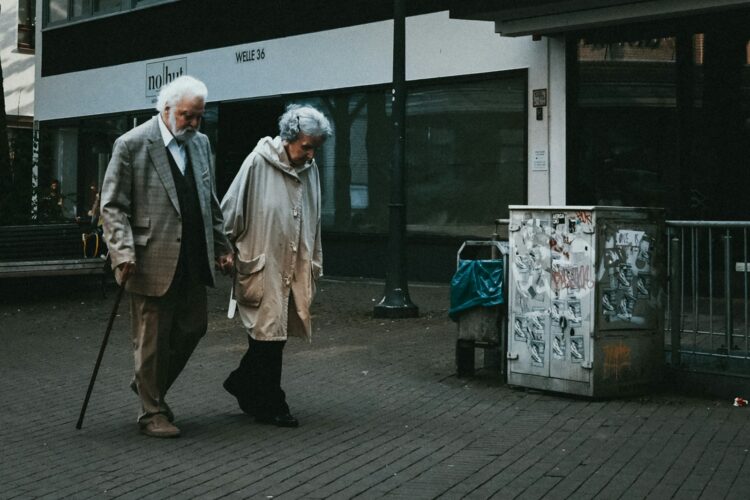
You don’t fight over every small thing anymore — you’ve learned what matters and what doesn’t. But when conflict comes, it cuts closer to the bone. It’s not about chores or plans; it’s about being heard, being valued, being remembered. You both understand that words can bruise differently after years together. So you pause more, say less, and choose peace more often than pride. It’s not giving up — it’s growing up.
Romance becomes practical.

The love notes and weekend getaways turn into something quieter — reminders, chores, gestures that keep life running. Refilling their coffee mug. Turning on the heat before they wake. Picking up the prescription without being asked. It might look boring from the outside, but it’s how love survives real life. Romance becomes less about grand moments and more about small mercies repeated daily.
You fall in and out of love, more than once.

Nobody warns you that you’ll fall out of love with each other sometimes — or that you’ll fall back in. It happens quietly, in long stretches of routine or distance, and then something small pulls you back. A shared laugh. An old photo. The way they reach for your hand in the dark. Love doesn’t vanish; it drifts, then finds its way home again. Every time it returns, it’s steadier, deeper, more real.
You start parenting each other.
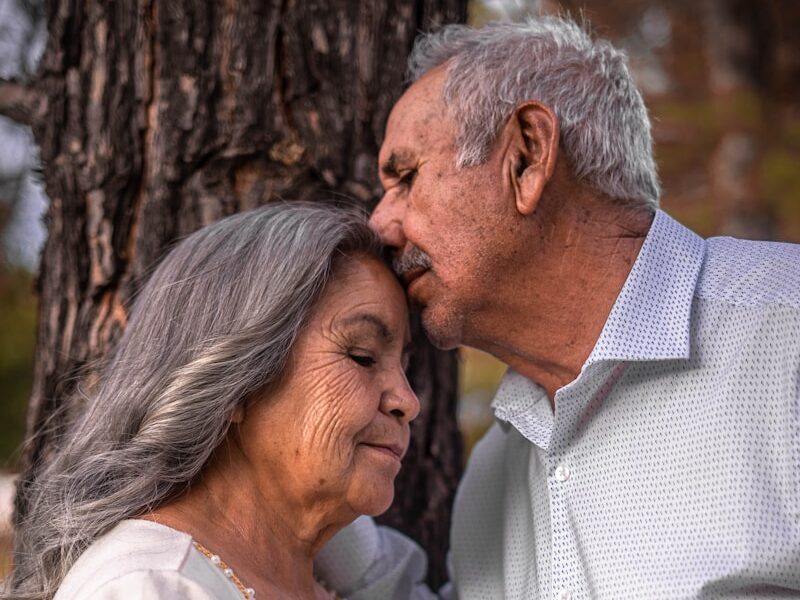
You become each other’s safety net. You remind them to take their pills, and they remind you where you left your glasses. You repeat the same stories and laugh anyway. You start watching over each other in small, instinctive ways. It’s not glamorous, but it’s love’s most honest form — the version that shows up even when the spark flickers. It’s the quiet promise kept: to care, even when it’s inconvenient.
You know what every look means.
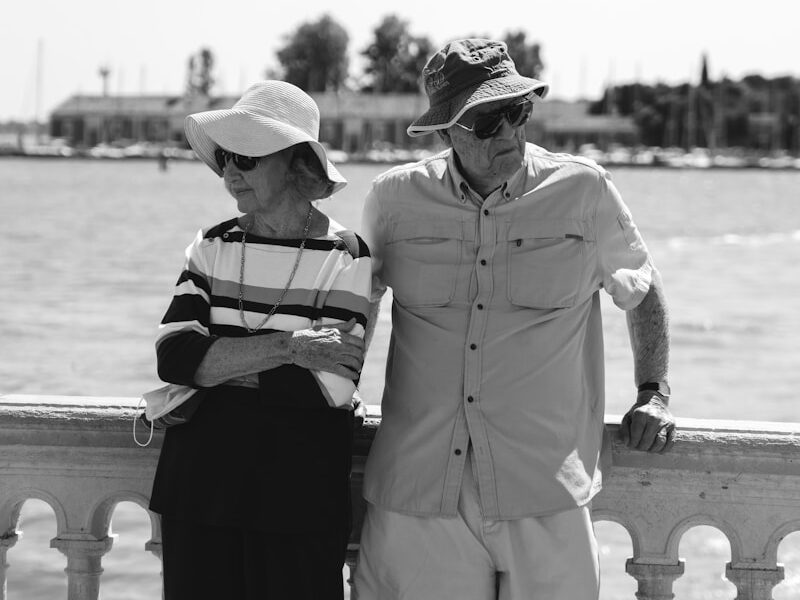
You don’t need full sentences anymore. A raised eyebrow, a small sigh, a certain tone — it’s a whole conversation. You can sense tension before a word is said. Thirty years of watching someone teaches you everything about their rhythms — how they fidget when they’re restless, how their jaw tightens when they’re holding something in. You speak in shorthand now, in looks and gestures only the two of you understand.
You stop pretending to be easy.
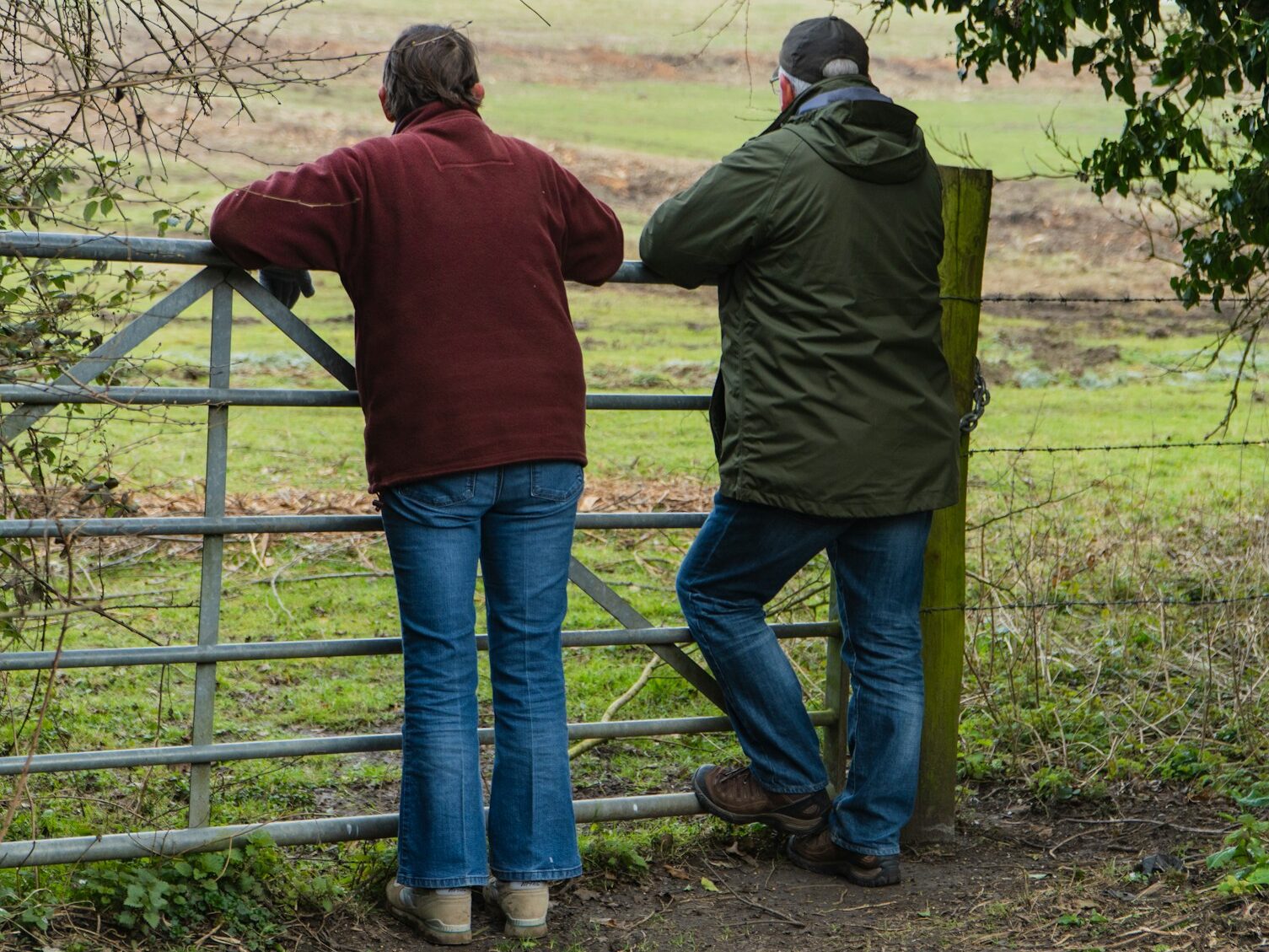
The act falls away. You’re not trying to seem fun, patient, or endlessly agreeable. You sigh loudly. You leave the towels where you want. You tell the truth without sugarcoating it. And somehow, the love grows stronger for it. Because it’s no longer about being impressive — it’s about being real. You’ve seen every version of each other, and you both stayed. That kind of acceptance can’t be taught — only earned.
You talk more about the past than the future.

Dreams shrink into memories, and that’s okay. You start conversations with “Remember when…” more than “What if…” The future feels shorter now, but the past feels rich and full — a story you built together one ordinary day at a time. You find comfort in the nostalgia, not sadness. It reminds you how far you’ve come. And sometimes, that’s enough to keep you going.
The small things start to matter more than ever.

It’s not the milestones anymore — it’s the rituals. The sound of their footsteps down the hall. The way they hum when they cook. The blanket they pull over you when you fall asleep on the couch. You notice everything because you know how fragile “everyday” really is. What used to feel ordinary now feels sacred. You realize the little things were never little.
You grieve what’s gone, even when it’s good now.

You can love your life and still miss what it used to be. The versions of you who stayed up late talking, who dreamed bigger, who had no idea what loss felt like. You look at each other sometimes and see the younger selves still hiding there. You love who you’ve become together, but you can’t help missing who you were. It’s not sadness — it’s tenderness for the time you didn’t know was passing so fast.
You start forgiving things you never thought you could.

The longer you’re together, the more you realize forgiveness isn’t a one-time event. It’s maintenance. The grudges that once felt justified start feeling heavy. You realize you can’t hold them and hold each other at the same time. So you let more go. Not because you’ve forgotten — but because you want peace more than power. That’s what endurance looks like.
You lose people together.
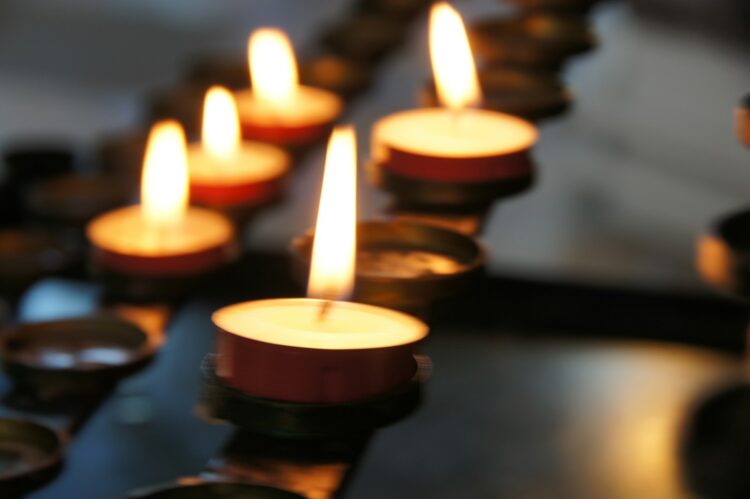
You attend funerals side by side, hold hands a little tighter, and drive home in silence. You share the same losses until grief becomes a mutual language. You’ve built a life long enough to see it change, and you cling to each other because you’re what’s left of a shared history. It’s heartbreaking, but it’s also strangely grounding. It makes your bond heavier, but also more sacred.
You start worrying about who’ll go first.

It’s not a constant thought, but it lingers. You start paying closer attention — the cough that lasts too long, the appointment they postpone. You imagine the house without them, and it hurts in a way that feels unspeakable. So you love more quietly, more deliberately. You hold hands more often. You stop leaving arguments unfinished. Every goodbye at the door feels just a little more precious.
You find comfort in routine.
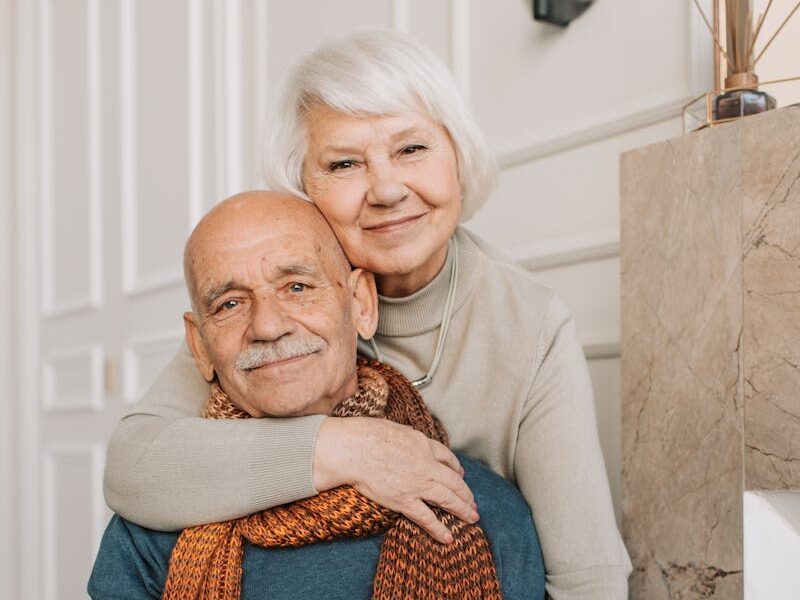
What once felt predictable now feels like proof that things still work. Morning coffee, evening shows, the same errands done in the same order. The rhythm of daily life becomes the heartbeat of the marriage. It’s not thrilling, but it’s steady. You stop craving excitement because consistency starts to feel like a luxury. You realize routine isn’t dull — it’s devotion with a schedule.
You realize there’s no finish line.

There’s no grand finale to reach, no final chapter where you “figure it all out.” You just keep learning from each other, even after thirty years. You wake up, make breakfast, talk about what hurts and what helps, and try to keep choosing each other. That’s the secret no one tells you — marriage doesn’t end in triumph; it continues in small, faithful repetitions of love. Every day, you start again.

